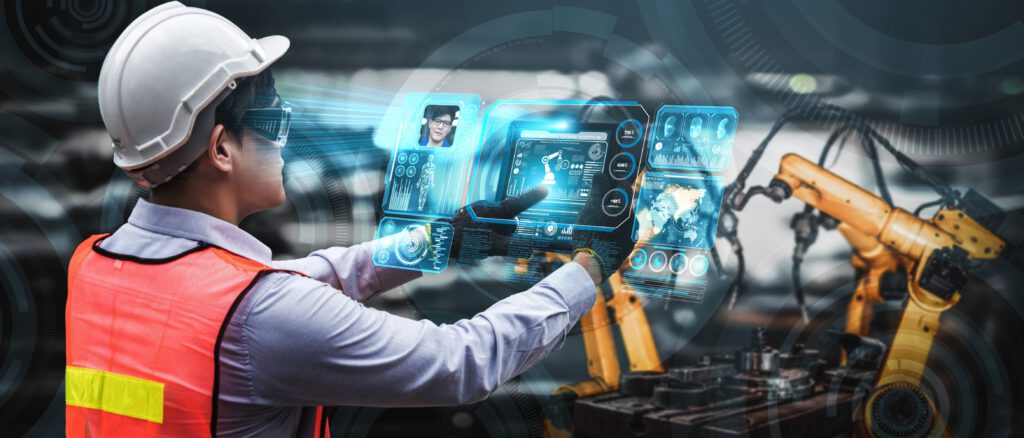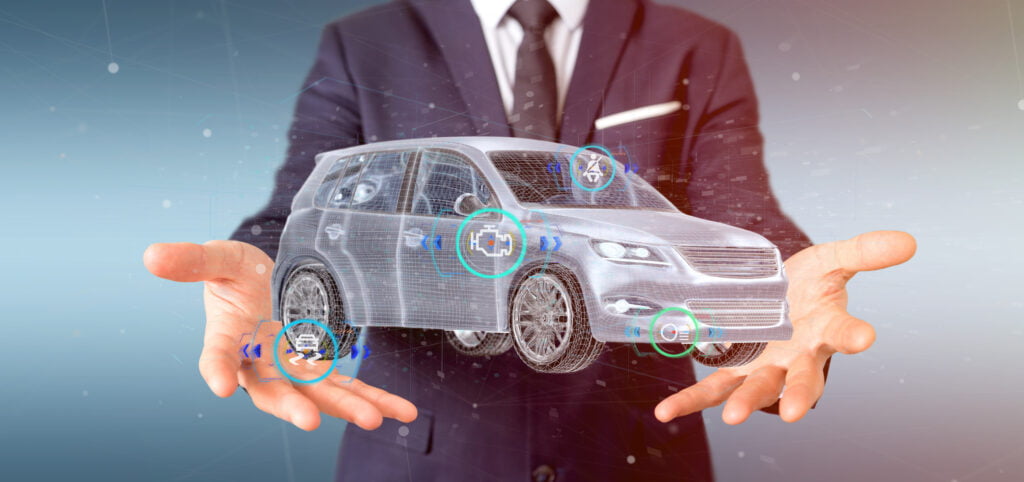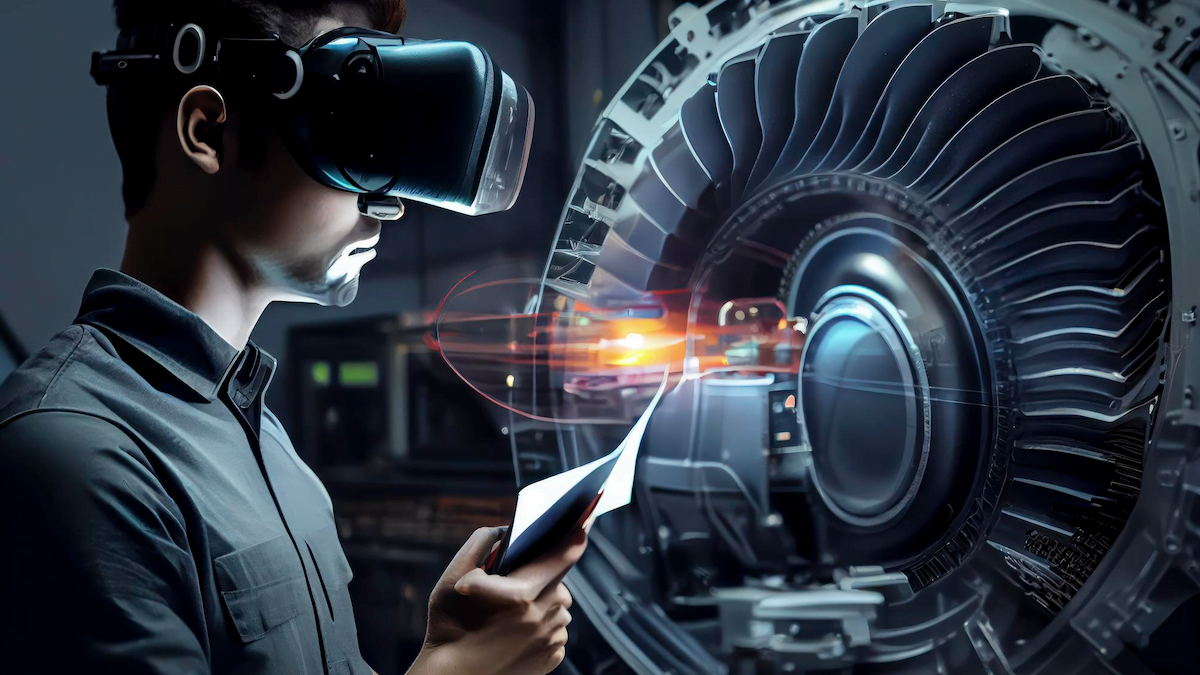The industrial metaverse is on a steep growth trajectory with sales reaching $61.8 billion in 2022, and is expected to surge at a compound annual growth rate (CAGR) of 25.3% from 2023 to 2033. Integrating this technology into industries such as automobile manufacturing is driving a new wave of innovation, with analysts predicting that the industrial metaverse market will grow from $80.1 billion in 2023 to $765.8 billion by 2033.
industrial process innovation
Industrial Metaverse can accelerate how companies design, simulate, and test products. Automakers can now leverage virtual prototyping to rapidly iterate on designs, accelerating product development cycles and improving efficiency. This technology reduces the need for physical prototypes and makes the process more efficient, ultimately reducing costs.

The surge in digital twin technologies and the integration of advanced digital platforms featuring virtual reality (VR), augmented reality (AR), and mixed reality (MR) are further driving the adoption of the industrial metaverse. These technologies provide a more sustainable mode of operation by transferring activities traditionally performed in physical areas to a fully virtual environment. These changes are transforming industrial processes, pushing organizations toward more innovative and sustainable practices.
Redefine the future of work
According to the report, the transformative power of the industrial metaverse goes beyond technology. It also redefines the future of work. Metaverse enables collaboration between stakeholders around the world regardless of geographical constraints. Real-time interaction and virtual communication allows teams to create, test, and improve product designs. This eliminates the need for physical meetings and allows for a more efficient and productive workflow.
The growing global market acceptance of the industrial metaverse demonstrates its potential to revolutionize industries. Integration with various sectors has become essential to enable organizations to adapt to the changing work environment. As companies strive to remain competitive, the use of industrial metaverses will become a necessity, not an option.

automotive innovation
In the automotive industry, the industrial metaverse simplifies the way vehicles are designed. This digital tool allows manufacturers to build and tweak virtual car models before the car rolls off the production line. This is a change that will speed up the design process, reduce the need to construct multiple physical models, and make the entire automotive design cycle more efficient.
Beyond simple design, the metaverse is critical to testing the performance of automotive components. Engineers can now run simulations on everything from engines to frameworks in a digital space. This method saves time and money and promises better quality and more reliable auto parts.
The impact of the metaverse extends to the core of automobile manufacturing: the assembly line. Here they are used to fine-tune operations, making car building smoother and more efficient.
In conclusion, the industrial metaverse market is poised to revolutionize industries with its rapid growth and transformational potential. Consolidation into sectors such as automobile manufacturing is ushering in a new era of innovation and efficiency. As it reimagines industrial processes, redefines the future of work, and simplifies automotive design and testing, the industrial metaverse is becoming an essential tool for organizations seeking to remain competitive in a changing environment.

